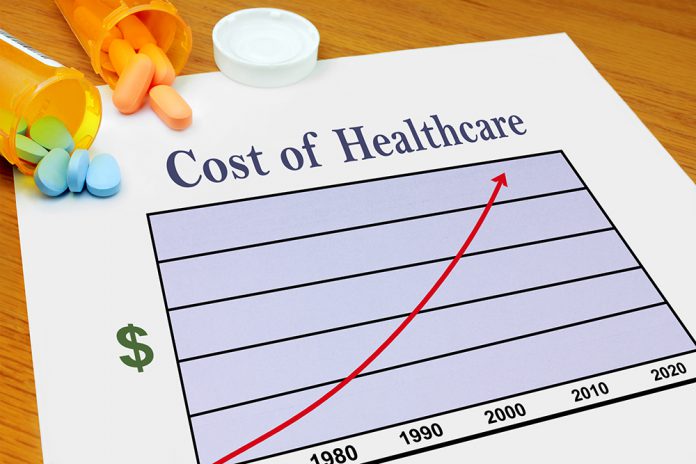Every year, the cost of healthcare rises. For many people, getting sick is a rational fear due to the financial implications and illness would bring. The cost of healthcare increases the gap between the upper and middle class, causing political tension and discontent.
To cut back on healthcare costs, everyone needs to play their part. Here are some of the things we can start doing today to combat rising healthcare costs.
Prioritize Prevention
The most effective way to drive down healthcare costs is to be proactive when it comes to health. The more you do to prevent health problems, the less burdened the healthcare industry will become.
The main starting point for prevention is to focus on creating sustainable, healthy nutrition, and exercise habits. Even the simple act of adding a serving of vegetables to every meal and going for a walk each day does wonders. Authority figures need to provide the opportunity for physical literacy and teach people from various socioeconomic backgrounds on how to achieve health.
Smokers can drive down personal healthcare costs by creating an action plan for quitting. Not only will this cause a significant reduction in personal expenses, but in the cost of healthcare as well. In the US, smoking-related illness costs around $300 billion in healthcare. Cutting back on alcohol consumption will also make an impact on healthcare costs, both personally and nationally.
Shop Around
Another way to drive down healthcare costs is to shop around. Take time to find out how much your wellness checkup would cost at the local pharmacy in comparison to your doctor’s office. In many cases, the same services are more affordable in the suburbs and rural areas than in the downtown urban core.
You should also shop around for insurance plans, as well as your prescription drug needs. Some pharmacies will charge a higher dispensary fee than others, and generic alternatives can save hundreds of dollars each year.
Keep Meticulous Records
People need to be ready to advocate for themselves to keep healthcare costs low. Keep meticulous records of your medical expenses, including dates, phone logs, and notes that outline what’s taking place. Incorrect billing takes place more than you think, and it affects both the individual being billed as well as the overall healthcare industry.
By keeping meticulous records, you’ll be able to analyze and appeal erroneous charges. Sometimes the billing error is as simple as someone selecting the wrong box or diagnostic code on an input form. This simple human error could be costing you thousands of dollars each year.
Demand Transparency
Historically speaking, there’s been a lack of transparency and understanding in medical billing. Patients are given a bill and accept it at face value, without comprehending the charges that go into it. This creates a lack of accountability for healthcare professionals and limits patients from engaging in a competitive market to save money.
Voters and taxpayers need to push for transparency and accountability in medical practices. Not only does a lack of competition drive up costs, but it also increases complacency.
Create a Medical Savings Account
Another way to be proactive when it comes to healthcare costs is to start saving for your potential medical bills ahead of time. This reduces the debt cycle that so many people fall victim to when it comes to their care.
Create a basic emergency fund to use in the event of a medical issue. Open a Health Savings Account (HSA) for tax-deductible savings that are meant to be used for medical expenses. Alternatively, see if your employer offers a Flexible Savings Account (FSA) plan with contributions. While you can’t have both an HSA and an FSA, having one or the other can go a long way in reducing your healthcare costs. Financial literacy is another form of proactivity that those in leadership positions should advocate for.
Healthcare costs will continue to rise without a complete overhaul of the system. Unfortunately, there will never be a plan that works for everyone. Following these steps and advocating for yourself and your community is the best way to combat rising healthcare costs from the patient perspective.





















